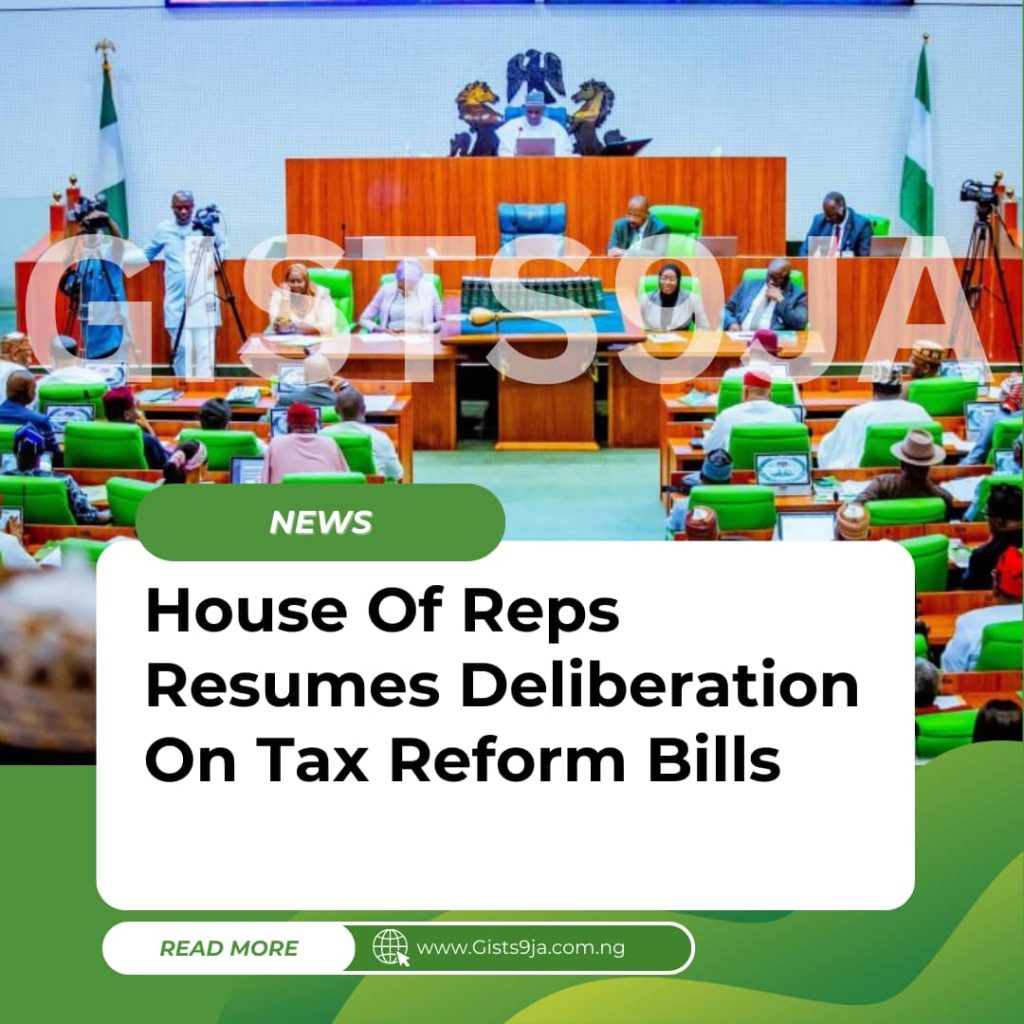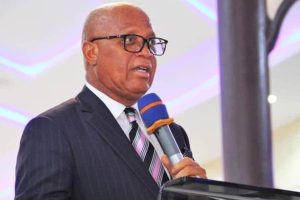
The House of Representatives will today resume deliberations on the tax reform bills submitted by President Bola Ahmed Tinubu to the National Assembly for consideration and approval.
The debate, originally scheduled for November 30, 2024, was postponed indefinitely due to strong opposition from lawmakers and northern governors, who argued that some provisions of the bills were not favorable to their region.
However, a lawmaker from the North-West geopolitical zone, speaking anonymously to Daily Trust, confirmed that discussions on the bills are now listed on today’s Order Paper, marking the official resumption of legislative work on the matter.
Northern Lawmakers Push to Safeguard Regional Interests
Despite reports that northern governors have softened their opposition, lawmakers from the region remain determined to prevent any provisions they consider harmful to northern interests from being passed.
A northern lawmaker disclosed that members of the Northern Caucus of the House of Representatives held a meeting, attended by Speaker Abbas Tajudeen and key zonal caucus leaders, to strategize on scrutinizing the bills thoroughly.
“We have resolved to ensure proper scrutiny of the tax reform bills. As the House begins debate today, we will work collectively and follow the proceedings diligently to ensure that no provision that negatively impacts our people is passed into law,” the lawmaker said.
The meeting was chaired by Alhassan Ado Doguwa, leader of the Northern Caucus, and attended by notable lawmakers, including Ahmed Idris Wase (North Central), Mukhtar Betara (North East), and Sada Soli Jibia (North West).
Compromise on VAT Revenue Sharing
In a bid to address concerns raised by northern governors and lawmakers, the Nigeria Governors Forum (NGF) recently announced that all 36 state governors have agreed to a modified version of the tax reform bills, following negotiations with the Taiwo Oyedele-led Presidential Committee on Fiscal Policy and Tax Reforms.
One key adjustment is the revenue-sharing formula for Value Added Tax (VAT). Initially, the proposed allocation gave 60% of VAT revenue based on derivation. This has now been revised to:
- 30% based on derivation
- 50% shared equally among states
- 20% distributed based on population
Nasarawa State Governor Abdullahi Sule confirmed that governors will now work with lawmakers to ensure the passage of the bills in line with the revised framework.
Overview of the Tax Reform Bills
President Tinubu transmitted four tax reform bills to the National Assembly on September 3, 2024, based on the recommendations of the Oyedele-led committee. These include:
- Nigeria Tax Bill 2024 – Establishes a fiscal framework for taxation in Nigeria.
- Tax Administration Bill – Provides a clear legal structure for tax collection and minimizes disputes.
- Nigeria Revenue Service Establishment Bill – Repeals the Federal Inland Revenue Service (FIRS) Act and establishes the Nigeria Revenue Service.
- Joint Revenue Board Establishment Bill – Creates a tax tribunal and a tax ombudsman to resolve tax-related disputes.
With deliberations now resuming, the focus will be on how lawmakers navigate the balancing act between regional concerns and the federal government’s broader tax reform agenda.





